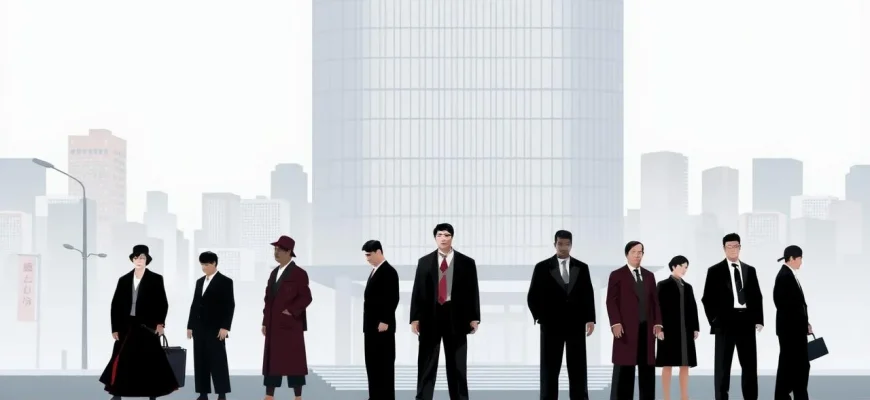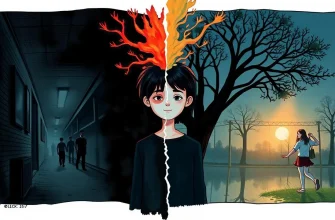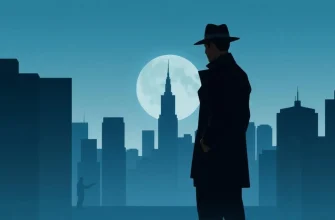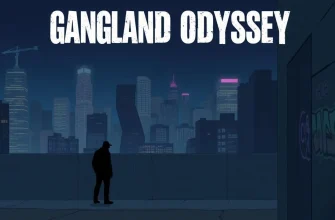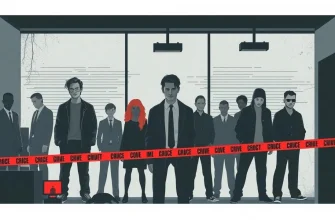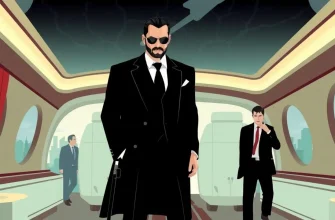The Yakuza, Japan's notorious organized crime syndicates, have long fascinated filmmakers and audiences alike. This curated list of biopic films delves into the lives of real-life Yakuza members, offering a glimpse into their world of honor, violence, and tradition. From tales of redemption to the harsh realities of gang life, these movies not only entertain but also educate viewers about a culture often shrouded in mystery. Whether you're a fan of crime dramas or simply curious about Japanese culture, this collection promises a compelling cinematic experience.

Graveyard of Honor (1975)
Description: Based on the life of real-life Yakuza member Rikio Ishikawa, this film delves into the brutal and often tragic life of a gangster who lives by a strict code of honor.
Fact: The film was remade in 2002, also directed by Takashi Miike, showing the enduring appeal of Ishikawa's story.
 Watch Now
Watch Now 
The Yakuza (1974)
Description: This film stars Robert Mitchum as an American detective who returns to Japan to rescue a friend's daughter from the Yakuza. It's included for its early depiction of the Yakuza's code of honor and its influence on Western perceptions of the organization.
Fact: The film was shot on location in Japan, providing an authentic backdrop to the story.
 Watch Now
Watch Now 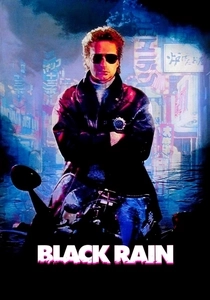
Black Rain (1989)
Description: While primarily an action film, "Black Rain" features a Yakuza subplot where an American cop teams up with a Japanese detective to take down a Yakuza boss.
Fact: The film was shot in Osaka, providing an authentic setting for its Yakuza scenes.
 Watch Now
Watch Now 
Tokyo Drifter (1966)
Description: While not strictly a biopic, "Tokyo Drifter" captures the essence of Yakuza life through its stylish portrayal of a former gangster trying to escape his past. Its inclusion reflects the cultural impact of Yakuza themes in Japanese cinema.
Fact: The film's director, Seijun Suzuki, was known for his visually striking and unconventional filmmaking style.
 Watch Now
Watch Now 
Outrage (2010)
Description: Directed by Takeshi Kitano, "Outrage" explores the internal power struggles within the Yakuza. It's a modern take on the genre, showing the decline of traditional Yakuza values.
Fact: Kitano wrote, directed, and starred in this film, showcasing his versatility in the industry.
 Watch Now
Watch Now 
The Yakuza Papers (1973)
Description: This series of films, directed by Kinji Fukasaku, is often considered the definitive portrayal of post-war Yakuza life, focusing on the rise of the Yamamori gang.
Fact: The series was inspired by real-life events and interviews with former Yakuza members.
 Watch Now
Watch Now 
Rainy Dog (1997)
Description: Directed by Takashi Miike, this film follows a Yakuza hitman exiled to Taiwan, exploring themes of fatherhood and redemption within the criminal underworld.
Fact: Miike is known for his prolific output and often controversial themes, making this film a unique entry in Yakuza cinema.
 Watch Now
Watch Now 
Sonatine (1993)
Description: Another Kitano masterpiece, "Sonatine" follows a Yakuza enforcer sent to Okinawa to mediate a gang war, only to find himself in a surreal and introspective journey. Its inclusion highlights the psychological depth of Yakuza members.
Fact: The film features a famous scene where Kitano's character plays a game of Russian roulette with his men.
 30 Days Free
30 Days Free 
Brother (2000)
Description: Directed by Takeshi Kitano, "Brother" follows the journey of a Yakuza member who flees to Los Angeles after a gang war. This film is included for its portrayal of the Yakuza's international reach and the clash of cultures.
Fact: Takeshi Kitano, who plays the lead, is also a well-known comedian in Japan, adding a unique layer to his portrayal of a hardened gangster.
 30 Days Free
30 Days Free 
The Man Who Stole the Sun (1979)
Description: While not solely about the Yakuza, this film includes a subplot where a school teacher, turned terrorist, interacts with the Yakuza, showcasing their influence in society.
Fact: The film was controversial for its depiction of nuclear terrorism, leading to its initial ban in Japan.
 30 Days Free
30 Days Free 
